It’s not Paul Murray’s settings or themes — decadent aristocrats, clerical sex abuse, the financial crisis — that mark him out as original, it’s his handling: the wild plotting, the witty dialogue and the eccentricity of his characters. The follow-up to his widely admired second novel Skippy Dies swaps the adolescent funk of a Catholic boys’ boarding school for the testosterone whiff of a fictional investment bank in Dublin. The Bank of Torabundo rode out the demise of the Celtic Tiger thanks to its cautious and effective CEO, but he has now been replaced by a flamboyant financial genius whose last bank collapsed in tatters.
Claude Martingale, a French analyst, advises clients on prudent investments, which frequently pits him against sociopathic star trader Howie: ‘Crazy Frog, what the cock are you telling custies about Tarmalat?… I’m trying to sell them Tarmalat, you fucking dunce!’ Claude is as surprised as anyone to be approached by a novelist looking for a real-life protagonist for the bank-heist thriller he is writing. Together with his sidekick, a villainous looking ‘poet’, Paul shows more interest in the office’s vents, ducts and wall cavities than the minutiae of trading.
Just as Claude is gearing himself up for his role as Bloom in a 21st-century, financially focused Ulysses, Paul discovers there is no safe on the premises. ‘We fund our operations primarily with short term or even overnight borrowings,’ chortles Claude. ‘We are all just 24 hours away from a funding crisis! This is investment banking’s “dirty little secret”!’ When Paul inexplicably loses interest in his thriller, Claude has another idea: he wants Paul to fictionalise his actual life. ‘Move the narrative forward, create scenes, maybe some dialogue.’
If Claude starts off as ‘the mark’, then Paul is ‘the void’, but the distinction between the pair quickly becomes blurred, as Claude participates in ever more implausible scams. The novel fizzes with cutting observations and gags about post-Celtic-Tiger Dublin life. The bankers’ favourite bar, ‘Life’, with its mirrors, zebra-stripe throws and ‘palpable air of incipient violence’, resembles ‘a cross between a hairdresser’s and the Stanford Prison Experiment’. One young analyst is so used to porn he can’t assess real women any more: ‘I have to imagine if I saw her on a screen would I click on her.’ ‘Look at her through my phone,’ a colleague offers.
The broad farce occasionally relies on cliché and equally broad characterisation. Because Claude is French, his gullibility can be put down to being a fish out of water, and the object of his affection is Greek, so she can speechify: ‘We didn’t drop cluster bombs on Baghdad! We didn’t blow up hospitals in Gaza! Now, because we didn’t pay back some loans, we are the worst in the world?’ Similarly, Paul’s lap-dancer wife Clizia is a familiar literary type: the haughty, scowling yet alluring eastern European woman.
‘The Mark and the Void’ also turns out to be the title of a darkly enigmatic and valuable artwork, in whose depths the characters think they can discern profound messages. The worlds of art, literature, commerce and banking are all rife with magical thinking, Murray suggests. Paul’s destitution is partly due to having bought a shoddy ‘luxury flat’ off-plan at the height of the boom. Howie has found the financial equivalent of defying gravity: monetising failure: ‘Profit is finally liberated from circumstance! It’s the Holy Grail! It’s the singularity!’ Every aspect of western civilisation is now ‘too big to fail’. But rescue plans only work if there’s some mug left to buy. We are all currently situated between the mark and the void. This novel is sharp, satirical, tinged with dread and utterly of the moment.
Got something to add? Join the discussion and comment below.
Get 10 issues for just $10
Subscribe to The Spectator Australia today for the next 10 magazine issues, plus full online access, for just $10.
Available from the Spectator Bookshop, £10.99 Tel: 08430 600033
You might disagree with half of it, but you’ll enjoy reading all of it. Try your first month for free, then just $2 a week for the remainder of your first year.

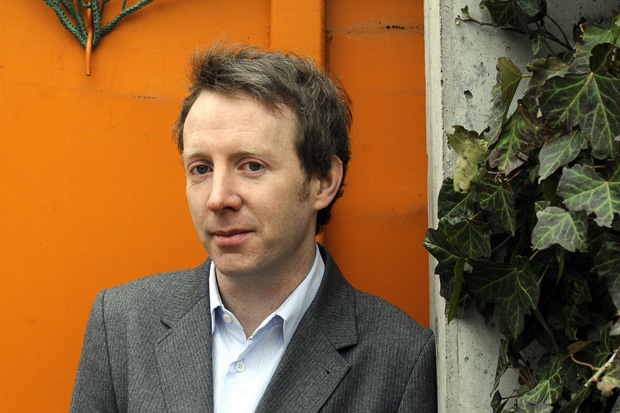
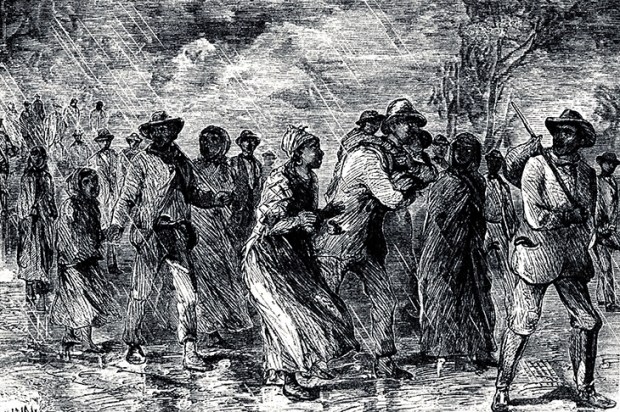
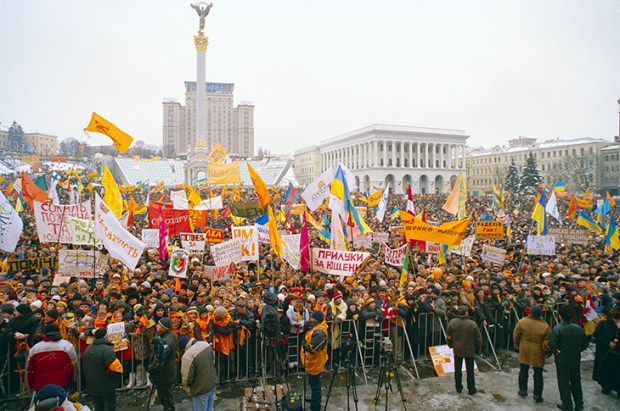
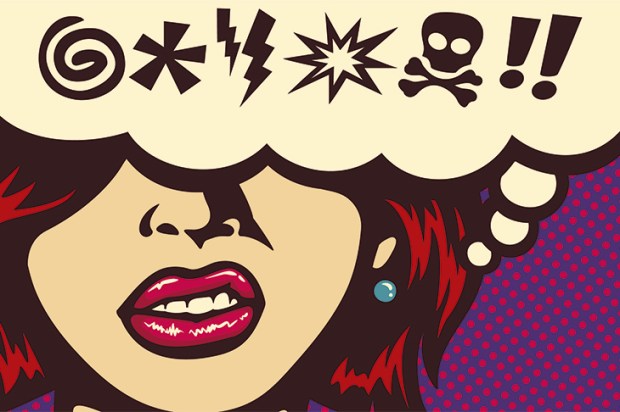
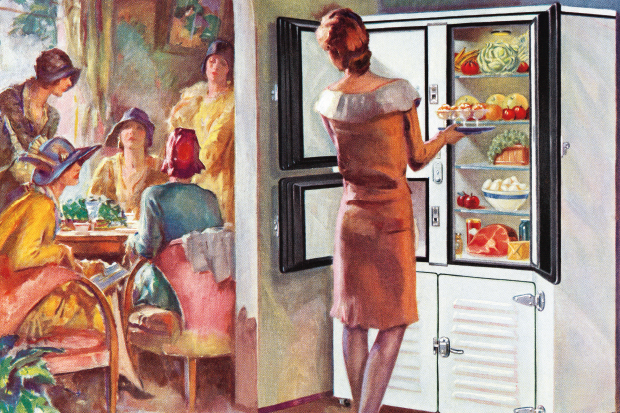








Comments
Don't miss out
Join the conversation with other Spectator Australia readers. Subscribe to leave a comment.
SUBSCRIBEAlready a subscriber? Log in